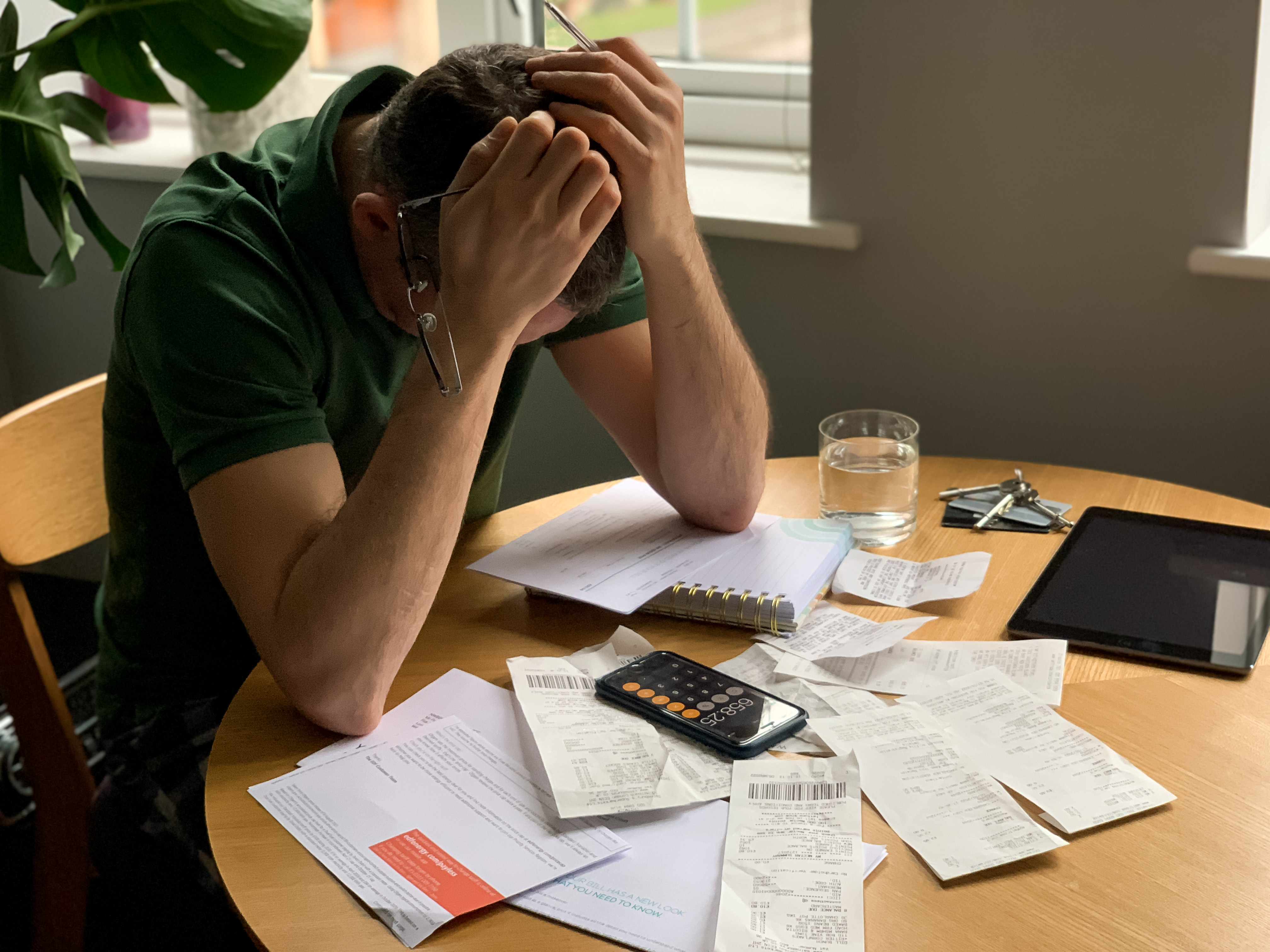
Bankruptcy can feel overwhelming if you haven’t experienced it or been involved in a filing before. To make things more digestible, we’ve put together a list of general bankruptcy queries that are often asked at a first consultation. Chapter 13 bankruptcy and Chapter 7 bankruptcy are the two most common types that are filed, so this information pertains to them. Keep reading to learn about timelines, types of debt discharged, and when it’s time to call a bankruptcy attorney near you for assistance.
Bankruptcy is a legal process for individuals or businesses who are unable to pay off their debts. Federal courts handle bankruptcy cases where they approve and appoint trustees, orchestrate debt liquidation, and handle case closings after discharge. Bankruptcy eligibility varies based on the type of bankruptcy being filed for, the two most common types of bankruptcy are Chapter 13 and Chapter 7.
Chapter 7 bankruptcy utilizes a trustee appointed by the court to pay unsecured debts through liquidation. To be eligible to file under Chapter 7, you have to pass a means test to determine if your income is low enough to qualify.
Chapter 7 bankruptcy is typically discharged in four to six months if all deadlines are met and documents provided in adequate time.
Chapter 13 bankruptcy essentially reorganizes the applicable debt into a payment plan that the debtor can follow to pay the debt off in three to five years. A bankruptcy attorney helps create the payment plan along with the debtor while the court appointed trustee in this case simply oversees the payments to the creditors.
Chapter 13 bankruptcy typically is discharged after three to five years, pending proper and prompt payments on the designated schedule.
Chapter 7 and Chapter 13 bankruptcy allow for a discharge of credit card, medical, and personal loan debt.
Under Chapter 7, tax debt must have been due three years prior to filing for bankruptcy, you must have filed the tax return documentation two years prior to filing, and the IRS must have accessed the tax debt at least 240 days prior to you filing.
Under Chapter 13, priority tax debts must be paid in full by the end of your payment plan but they are not subject to extra interest or penalties. Older tax debts may be included in your payment plan or left as unsecured debts and discharged after your payment period has finished.
Student loans as a whole are not usually able to be discharged through bankruptcy unless there is a special condition. To discharge student loans, you must file an additional lawsuit called an adversary proceeding to prove you fit the special condition of “undue hardship”.
Didn’t find the answer to your question? Request a consultation or call The Law Office of Corey Beck in Las Vegas at (702)678-1999. Together, we can help you navigate Chapter 7 bankruptcy or Chapter 13 bankruptcy and answer all your questions.
